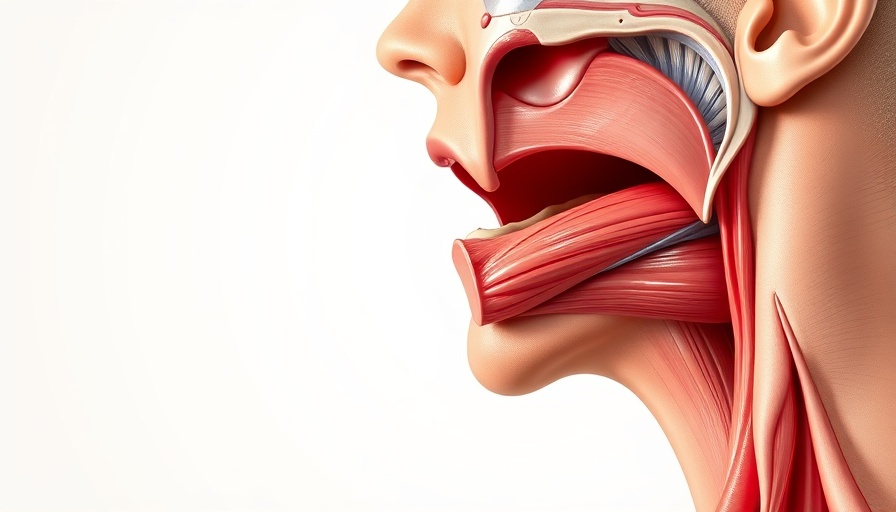
Understanding Esophageal Spasms
If you've ever woken up in the middle of the night with sudden chest pain or discomfort, you might be experiencing something called esophageal spasms. These painful, sometimes alarming sensations can feel as if your throat is in a vice grip. But what exactly are esophageal spasms, and how can you recognize them? In this article, we delve deeper into this condition, exploring its symptoms, causes, and what you can do to manage it effectively.
What Are Esophageal Spasms?
Esophageal spasms are irregular contractions of the muscles in the esophagus, the tube that connects your throat to your stomach. Under normal circumstances, these muscles contract in a coordinated fashion to push food down to your stomach. However, with esophageal spasms, you may have painful episodes that disrupt this process, leading to discomfort, swallowing difficulties, or even the sensation of food being lodged in your throat.
Recognizing the Symptoms
Symptoms of esophageal spasms can vary but often include:
- Chest pain: This can mimic heart-related pain or be a very intense sensation behind the breastbone.
- Difficulty swallowing: This may feel like food is getting stuck, particularly with solid items.
- Regurgitation: Occasionally, you may feel the need to bring food back up.
- Heartburn: Many experience a burning sensation associated with reflux.
Histories often show that symptoms can worsen with stress, strenuous activity, or certain foods, making awareness of triggers an essential part of management.
Possible Causes of Esophageal Spasms
While the exact cause of esophageal spasms is still not entirely understood, several factors can contribute to their occurrence:
- Acid reflux: Many people who suffer from gastroesophageal reflux disease (GERD) may experience esophageal spasms.
- Stress and anxiety: Emotional distress can play a significant role in muscle contractions.
- Certain foods: Spicy foods and very hot or cold drinks may trigger spasms.
Managing Esophageal Spasms
Here are some strategies for managing this discomfort:
- Dietary changes: Avoiding spicy and acidic foods can reduce flare-ups.
- Mindfulness and relaxation: Practices such as yoga and breathing exercises can help manage stress levels.
- Medical intervention: If spasms are frequent and troubling, consult with a healthcare provider. They may recommend medications or procedures tailored to your condition.
Seeking Help from Professionals
If you suspect you are experiencing esophageal spasms, it’s crucial to consult with a healthcare professional. They can help rule out any other potential issues and suggest appropriate treatments. Maintaining open communication about your symptoms and their frequency will help them assist you better in managing this condition.
Emphasizing Self-Care
Understanding what esophageal spasms are can help demystify the experience for many. For older adults who may face age-related changes that influence how they receive and process stimuli, recognizing symptoms can be especially vital. Try to keep a log of your symptoms to share with your healthcare provider. Self-care and awareness are key to ensuring your continued health and comfort.
Esophageal spasms should not rule your life. With careful management and awareness, these episodes can be controlled, allowing you to focus on joyful and fulfilling experiences as you age. Don’t hesitate to reach out for help if you need it.
 Rij toevoegen
Rij toevoegen






 Rij toevoegen
Rij toevoegen



Write A Comment